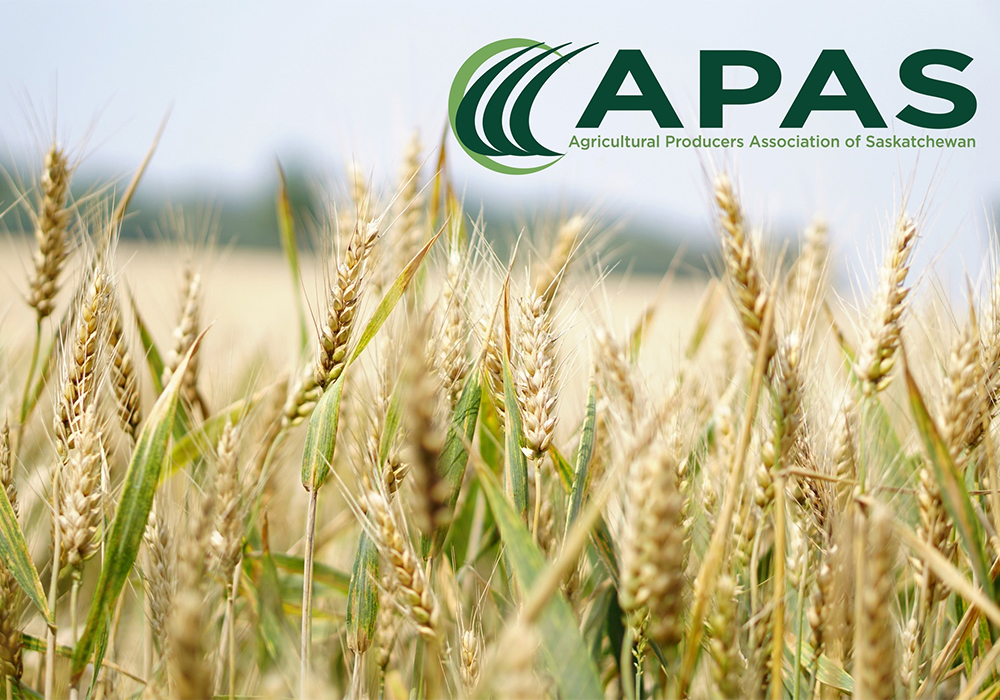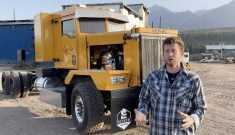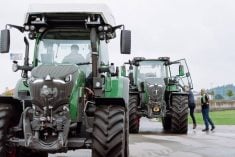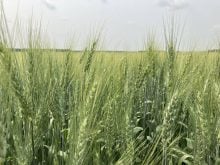Saskatchewan’s general farm organization intends to renew its work as a voice for farmers with a look at its structure.
The Agricultural Producers Association of Saskatchewan at its annual general meeting last week agreed it’s time to examine its governance model and policy committees.
It wants to increase membership, which has hovered around 135 of 296 rural municipalities for the last few years.
President Ian Boxall, who was re-elected to another term, said he accepted responsibility for what he called a poor job of getting together coming out of the COVID-19 pandemic and pushing APAS forward.
Read Also
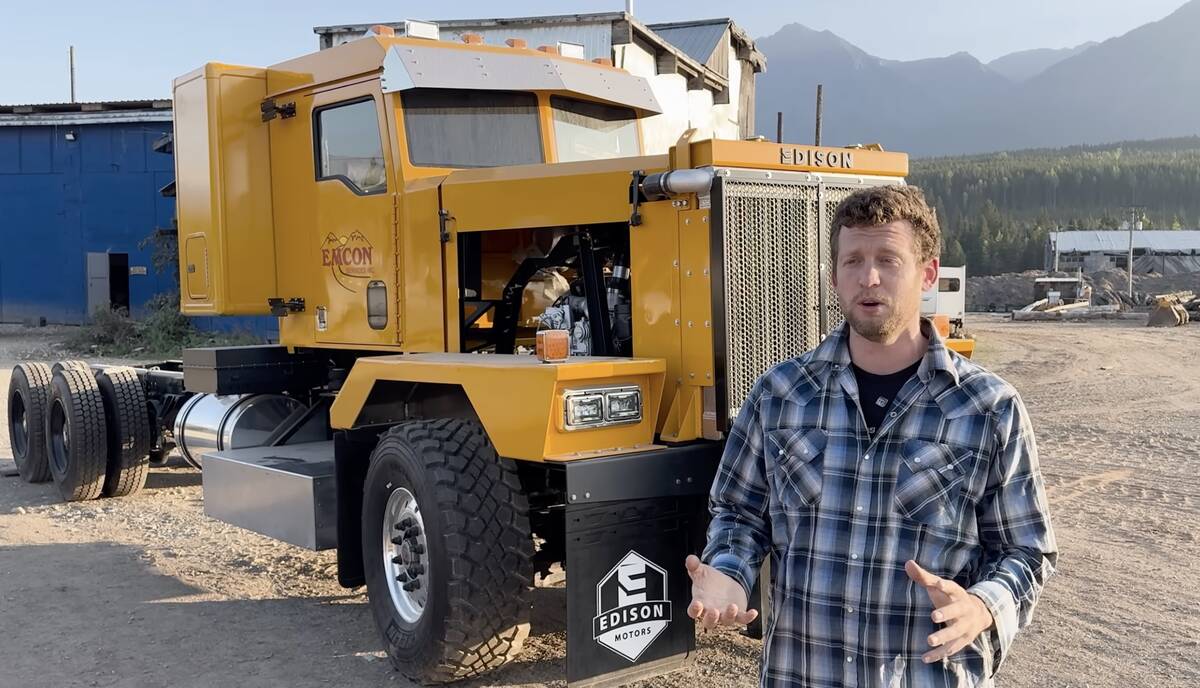
Gap in emission regulations hamstrings Canadian hybrid truck manufacturer
A B.C. company building hybrid engines for heavy trucks says they have the opportunity to build something leading edge in Canada, but our own laws are stopping them from doing it.
“We didn’t engage enough with the membership and I want to apologize for that,” he said.
“I want to guarantee you that that will never happen again. You guys are the heart of the organization. We get our direction from you.
“We need to do better.”
APAS is 22 years old, and Boxall said the governance model hasn’t been reviewed in that time.
The members passed a bylaw change that will establish a standing governance committee to review bylaws and policies and make recommendations.
“We are working on ways to streamline the organization to make things better, so we are solution-based, so that we don’t just complain about the issues,” Boxall said.
Executive director Dion McGrath, who joined APAS in the fall, said he’d like the organization to do more on offence.
“We have a tremendous defensive-minded team,” he said.
“We do tremendous work responding and advocating for changes that government or industry is making, but it’s the offence that I get excited about, and I really see the opportunity for the organization to move forward.”
In his address to delegates he urged them to talk with each other and potential new members about what building that offence means.
“I don’t want us to be an organization that simply talks about problems,” McGrath said.
“The great organizations bring the solutions.”
Boxall said the livestock sector has to be one of the priorities this year.
“Driving around this summer and seeing crops growing behind fences is disheartening,” he said.
“We have the most pasture land in Canada in Saskatchewan and it’s getting seeded down to crop.”
He said the last statistics he saw indicated the provincial cow herd was down 140,000 head.
“That’s a disaster,” he said.
“We need to start working with the government and partners to find long-term solutions for the livestock sector. I want to see cows behind the fence, not canola.”
Delegates later passed a resolution to initiate a summit to bring together partners in the livestock industry to assess the situation and develop ideas to strengthen the sector.
Boxall also identified the federal fertilizer emissions reduction target as a key concern.
“I believe that this target has come from a place where they don’t understand what we do here,” he said.
“They don’t understand how we do it the best of anyone in the world. We are 30 years ahead of the rest of the world, and that’s the story we need to be telling.”
He added that increased membership would mean more resources that lead to better solutions.
In addition to Boxall, Bill Prybylski remains a vice-president on the board. Bev Pirio from District 2 joined the executive team as vice-president after Scott Owens in District 6 stepped down. Devon Walker replaced Owens in the district, and Kevin Gilbert replaced Devin Harlick, who stepped down in District 3.
Arlynn Kurtz, who sat on the 1999 steering committee to establish APAS and remained a representative, announced his retirement.


